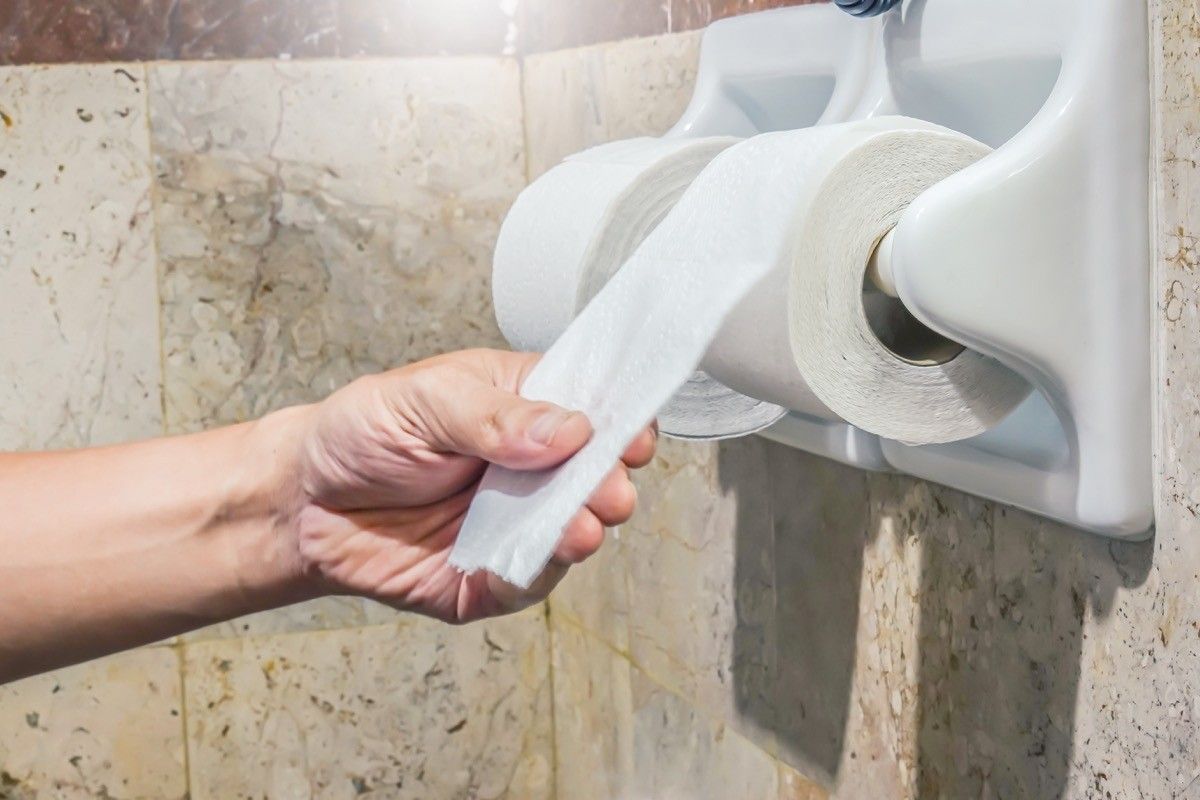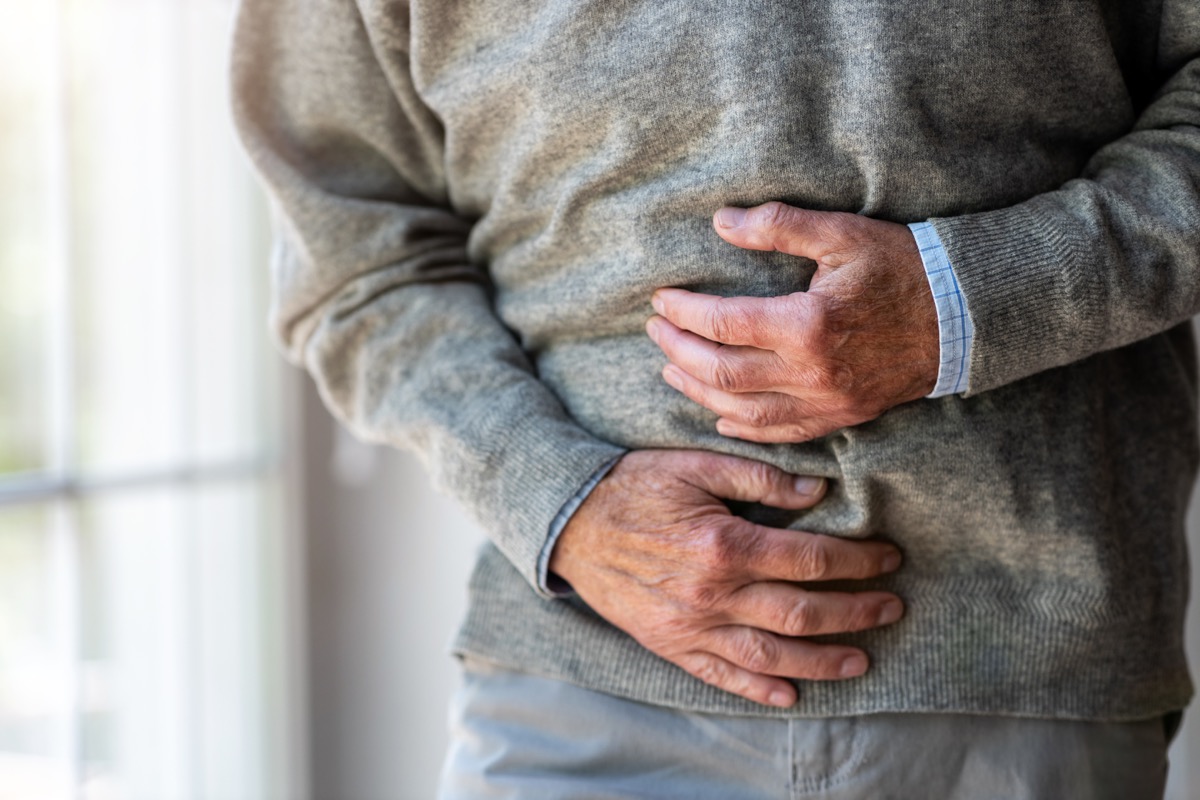A 2004 meta-analysis, published in The British Journal of Cancer, looked at 14 case-control studies that examined the link between constipation and colorectal cancer. The researchers found a 48 percent increased risk of colorectal cancer in people who said they had a bowel movement every six days or less, compared to people who reported daily bowel movements. “A significantly increased risk of colorectal and colon cancer was found only in subjects who reported bowel movements (BMs) every 6 days or less relative to those reporting daily BMs,” the authors concluded. “Therefore, we suggest that only highly infrequent BMs elevate the risk of colorectal cancer.” Colorectal cancer—any cancer that affects the colon or rectum—is the third most common cancer diagnosis among men and women in the U.S., according to the American Cancer Society. Overall, the lifetime risk of developing colorectal cancer is about 4 percent for both men and women, though it affects men slightly more often.ae0fcc31ae342fd3a1346ebb1f342fcb A more recent study, published in the Alimentary Pharmacology & Therapeutics in July 2014, looked at nearly 29,000 patients with chronic constipation and more than 86,000 controls without it from a U.S. database. The researchers found that people with chronic constipation—meaning they have fewer than three bowel movements a week—have a “significantly higher prevalence and incidence of colorectal cancer.” The researchers also note that the more severe the chronic constipation, the higher the risks. Nicholas Talley, MD, co-author of the study, said in a statement: “Although chronic constipation is considered a relatively benign disease, practitioners should be aware of this potential association to monitor and treat accordingly.” And for more up-to-date health news you need to know, sign up for our daily newsletter. But it’s not just constipation that can be a cause for concern. The opposite kind of change in your bowel movements could put you at risk for colorectal cancer. According to a 2009 study published in the European Journal of Cancer, loose stools were also linked to an increased risk of colorectal cancer. The study looked at 25,663 men and women between the ages of 45 and 79 and they found that “having loose stools in comparison with soft stools was associated with an approximately 3-fold increased risk of [colorectal cancer] in all models,” the authors explained. “This was highly significant and the association still remained when both lifestyle factors and bowel habit variables were included in the model.” Physician Esteban Kosak, MD, a medical writer and advisor for Symptoms.Care, previously told Best Life that most healthy adults will experience constipation or diarrhea at some point in their lives, but it’s important to tell your doctor of any consistent changes, which could be an indicator of something more serious. And for another risk factor for many types of cancer, including of your colon, beware that If You Notice This on Your Skin, You Could Be at Risk for 13 Cancers. In addition to severe constipation and persistent loose stools, the American Cancer Society lists some other colorectal cancer risk factors, which you may actually have control over. For example, if you’re overweight, not physically active, eat a diet high in red meats, smoke, or drink a moderate to heavy amount of alcohol, your risk is higher. Additionally, people with type 2 diabetes or who are over age 50 have a higher risk of developing colorectal cancer. Some symptoms of colorectal cancer could be blood in your feces that makes your stool appear black, pain and bloating in your abdomen, fatigue, unexplained weight loss, and an unexplained iron deficiency, according to Medical News Today. It’s important to contact your doctor if you’re concerned about any of these symptoms that last for more than four weeks. And for another bathroom symptom you should be aware of, If You Wake Up to Urinate This Many Times a Night, Tell Your Doctor.



